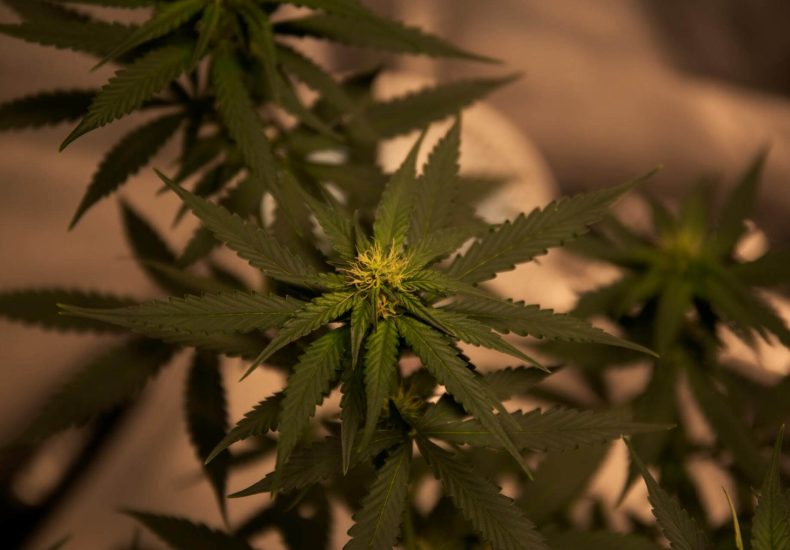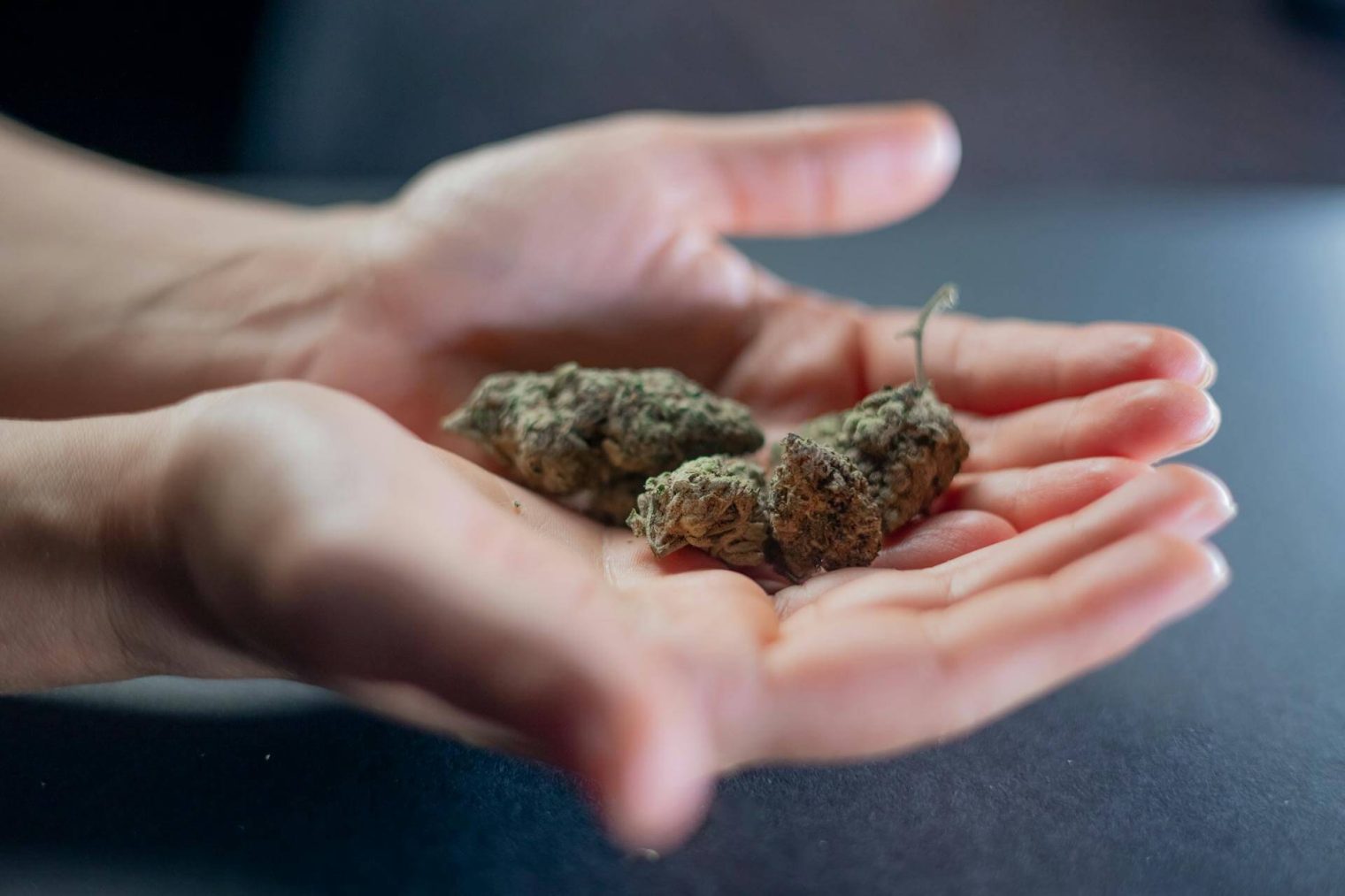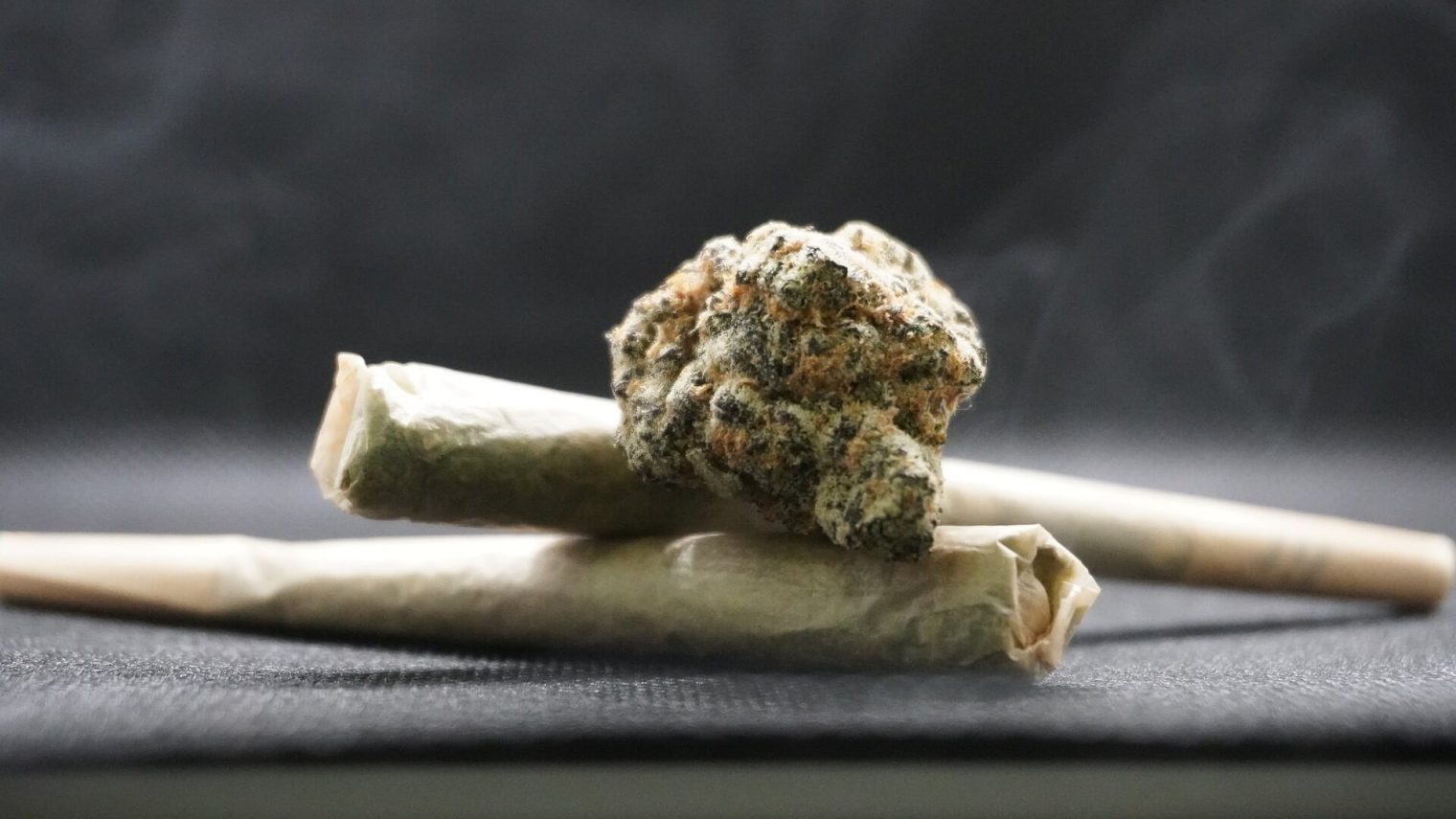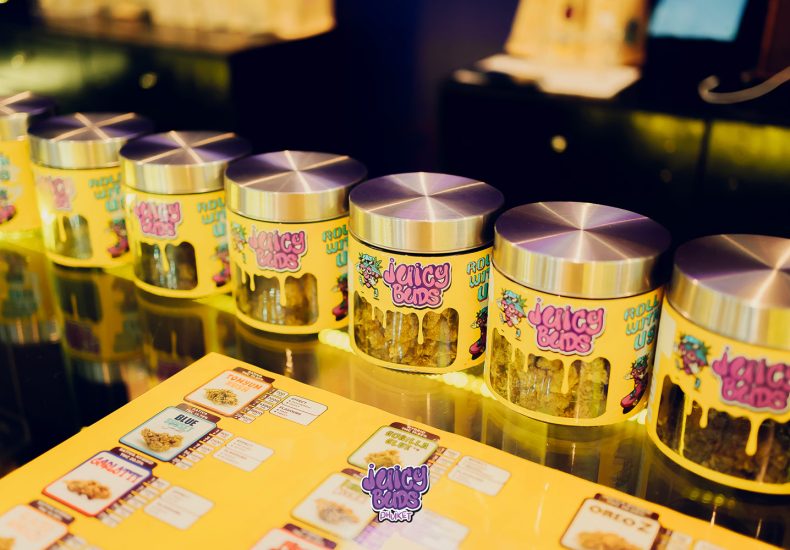 Cannabis
Cannabis
Table of Contents
Are you curious about how Thailand’s cannabis policy and weed legalization are changing? Many people find the current laws and potential for reform confusing. Just a few years ago, the idea of any form of legal cannabis in Thailand seemed far-fetched.
Yet today, Thailand stands on the brink of significant shifts in its cannabis policies. One interesting fact: Thailand was the first country in Southeast Asia to legalize medical cannabis, marking a bold step towards broader drug policy reforms.
This blog post will guide you through everything from the history of marijuana laws in Thailand to what changes we might expect in the future—including decriminalization and regulations around recreational and medical use.
We’ll also explore how these evolving policies could impact public health and the burgeoning cannabis industry within the country. Get ready for insights that shine a light on what’s next for cannabis laws in Thailand. Let’s find out more about Thailand’s cannabis policy.

History of Cannabis in Thailand
Cannabis in Thailand has a long history, with laws and regulations evolving over time. Age restrictions were also put into place as part of this development.
Laws and regulations
Thailand’s journey with cannabis policy has seen significant shifts, moving from strict prohibition to gradual decriminalization. For years, marijuana in Thailand fell under the narcotic classification, leading to severe penalties for possession and use.
Legal changes began rolling out as the government recognized the potential medical benefits and economic opportunities of cannabis. This led to a groundbreaking decision in 2018 when Thailand became the first Asian country to legalize marijuana for medicinal purposes.
The evolution of laws continued into 2021 when certain parts of the plant were removed from Thailand’s narcotics list, marking a step towards decriminalization of cannabis in Thailand.
These adjustments have opened pathways for dispensary licensing, setting the stage for a regulated cannabis market in Thailand. Individuals are now allowed to grow marijuana at home after notifying local authorities but must adhere strictly to guidelines that restrict recreational use.
As rules evolve, proposals aim at refining drug possession laws further while addressing public health implications and ensuring responsible usage aligns with cultural norms and legal frameworks.
Next: Age restrictions
Age restrictions
Moving on from the regulations surrounding cannabis in Thailand, it is essential to address the age restrictions associated with its use. As of now, the legal age for consuming cannabis in Thailand is set at 20 years old.
This aligns with the country’s broader approach to regulating substances and ensuring a level of maturity and responsibility among users.
The established legal age for cannabis consumption in Thailand reinforces the government’s commitment to responsible usage and aims to prevent access by minors. With discussions underway about potential changes in regulations, any adjustments to these age restrictions will be crucial factors shaping the future landscape of cannabis policy in Thailand.
Current Situation
Recreational cannabis remains illegal in Thailand, but the country has legalized its use for medicinal purposes. Proposed changes to regulations indicate a potential shift in the laws governing cannabis.
Recreational cannabis still illegal
Recreational cannabis remains illegal in Thailand, with strict laws and penalties in place for its unauthorized use. The Narcotics Act of 1979 prohibits the possession, consumption, and sale of recreational marijuana.
Those found guilty could face severe punishment, including fines and imprisonment. However, recent proposed changes indicate a potential shift in this longstanding policy as Thailand explores amendments to its regulations regarding the use of cannabis.
The prohibition on recreational cannabis is reflected through stringent enforcement measures, aligning with Thailand’s commitment to combating drug abuse and trafficking while maintaining public safety.
Legalization for medicinal use
Thailand legalized medicinal cannabis in 2018, becoming the first Southeast Asian country to do so. The amendment allowed for the use of cannabis for medical purposes and research on its potential benefits.
Additionally, Thailand has established a licensing process that enables individuals and organizations to cultivate cannabis with approval from government authorities, fostering the growth of a regulated medicinal cannabis industry in the country.
The legalization of medicinal cannabis has had far-reaching effects in Thailand, with opportunities emerging for both domestic and international investors looking to enter the market.
With well-regulated cultivation and production, Thailand aims to position itself as a hub for high-quality medical-grade cannabis products while ensuring patient access to much-needed treatments.
Proposed changes to regulations
Thailand is set to make significant changes to its cannabis regulations, with plans for the potential legalization of recreational marijuana use. The proposed changes aim to expand the scope of allowable uses beyond just medicinal purposes, in an effort to open up opportunities within the cannabis industry and regulate previously illicit market activities.
This move reflects a shift toward embracing more progressive cannabis policies and could have far-reaching implications for both public health and the burgeoning cannabis marketplace in Thailand.
Looking ahead, these regulatory adjustments are anticipated to reshape Thailand’s approach to cannabis legalization by fostering a more inclusive framework that supports not only medical users but also those seeking access for recreational purposes.
The government’s endeavor showcases a new direction in aligning with international trends while addressing domestic demands for reform.
Moving forward into Public Health Implications of Cannabis Policy in Thailand…

Impact on Public Health
The surge in cannabis use has led to an increase in psychological issues, highlighting the need for stricter regulation and public health interventions to address the challenges. Public health officials are calling for comprehensive measures to mitigate the impact of widespread cannabis use on mental well-being.
Spike in cannabis-related psychological issues
The legalization of cannabis for medicinal use in Thailand has led to a notable increase in cannabis-related psychological issues. According to the Department of Mental Health, there has been a 200% surge in the number of individuals seeking treatment for cannabis dependence and related mental health conditions since the law was changed to permit medical marijuana.
This spike underscores the pressing need for comprehensive regulation and education around both medicinal and recreational use.
Need for more regulation
Current cannabis regulations in Thailand are not comprehensive enough to address the potential risks associated with legalization. The need for more regulation is evident as there has been a spike in cannabis-related psychological issues since the initial legalization for medicinal use.
This highlights the urgency of implementing stricter guidelines and controls to ensure that both recreational and medicinal cannabis use does not pose threats to public health.
As Thailand continues on its path towards legalizing marijuana, it is crucial for policymakers to establish a robust regulatory framework that addresses aspects such as cultivation, distribution, consumption, and advertising.
Implementing stringent regulations will help mitigate any adverse effects on public health and maintain control over the burgeoning cannabis industry in Thailand.
– Cannabis-related psychological issues have increased since the legalization for medicinal use.
– Policymakers need to establish a robust regulatory framework encompassing cultivation, distribution, consumption, and advertising.
FAQs about Cannabis in Thailand
What are the punishments for cannabis use in Thailand, and what guidelines exist for its medical use?
Punishment for use
Penalties for cannabis use in Thailand can be severe, with individuals facing up to 5 years imprisonment and heavy fines. The punishment depends on the amount of cannabis one possesses, with stricter penalties for larger quantities.
Offenders are also subject to mandatory rehabilitation programs aimed at addressing drug dependency issues. It’s crucial for both locals and tourists to understand the strict consequences of using cannabis in Thailand, as the country enforces its laws rigorously.
Punishment for use remains a key concern under Thailand’s current cannabis policy. The severity of penalties serves as a deterrent against illegal possession and consumption, reflecting the government’s firm stance on combating substance abuse.
Tourist regulations
Tourists visiting Thailand need to be aware of the strict cannabis regulations in place. It is illegal for tourists to use or possess cannabis, even if it’s legal in their home country.
Violators can face severe penalties, including fines and imprisonment. Therefore, it’s crucial for tourists to respect and adhere to Thailand’s laws regarding cannabis.
Moving on from tourist regulations, let’s delve into the import and export laws related to cannabis in Thailand.
Import and export laws
Thailand strictly prohibits the import and export of cannabis, with severe legal consequences for violations. The law considers any transfer of cannabis across national borders as a criminal offense, subject to stringent penalties under the Narcotics Act.
For instance, attempting to send or receive marijuana from abroad can result in imprisonment ranging from 1 to 10 years and hefty fines up to five million baht.
Moreover, the prohibition extends to medical cannabis products containing THC (tetrahydrocannabinol), making it imperative for individuals traveling with prescribed medicinal marijuana to seek explicit permission from Thai authorities beforehand.
Failure to comply with these regulations may lead to legal repercussions including confiscation of the substances and potential prosecution.
Medical use guidelines
Transitioning from the laws around import and export to the medical use guidelines, it’s essential to understand how cannabis is regulated for its medicinal purposes in Thailand. The country legalized medical marijuana in 2018, becoming one of the first in Southeast Asia to take this step.
However, there are strict guidelines and requirements that govern its use. Patients who wish to use medical cannabis must obtain a prescription from a certified physician; additionally, they are required to register with the authorities for legal usage.
Currently, there are over 25 types of diseases or conditions for which doctors can prescribe medical marijuana as a treatment option.
These stringent regulations ensure that medical cannabis is used responsibly and ethically while also aligning with international standards for medicinal marijuana usage.
Thailand’s Cannabis Policy in 2024
As we look ahead, Thailand’s cannabis policy is poised for significant changes on the horizon. With a rich history and evolving regulations, the country is navigating toward a potential shift in its approach to cannabis product use.
The impact of these reforms on public health will be crucial, as it underpins the ever-evolving realm of cannabis laws. Understanding and embracing these forthcoming changes will unlock new opportunities and challenges for individuals and businesses alike.
Let’s dive into this ever-changing landscape with optimism and readiness for what lies ahead.


